A Journey with Buddha' across pan-Asian countries and 27 centuries since the Buddha's appearance – has been an exciting fact-finding mission: both assimilative and analytical in approach. The questions from the modern man's context, are:
What made the appearance of the Buddha and his credo so compelling to the Indian masses the 6th century BC? How far the ancient Jataka stories held prototypes for the parables and fables to follow the world over? How were the Bodhisattvas expected to overcome imperfections before attaining the Buddhahood? What made people to flock to Shakyamuni, an extraordinary sarvant, so trantalisingly silent even on the existence of God? How could `Theravada' (Hinayana) disavow the norms of rituals and espouse critical methods of investigation, as opposed to blind faith? After the demise of the Master, how were the inevitable doubts and dissent – in the rank and the file – resolved entirely democratically? Was the `Mahayana' credo essentially a fruit of backlash from Hinduism, with the earlier faith re-asserting itself? How was the supreme assertion made in the Lotus Sutra for all human beings that the Buddhahood was attainable in the same birth? How did `Zen' play down theoretical knowledge and religious texts in favour of direct experience and meditation? How did `Mantrayana' arise in distant Japan, contributing seminally to the growth of the nascent Japanese culture? How did `Vajrayana' let the Buddhist institutions amalgamate with the esoteric `Tantric' cult in the pan-Himalayan region? What were the factors that made the Buddhist Acharyas and Siddha poets take to `Sahajiya' philosophy? What was the inner zeal that led Buddhists cross inaccessible international borders, promoting their faith? Above all, who is the consummate Maitreya, residing the Tushita heaven, looked forward to, by the jaded mankind?
The answers recieved in the quest reveal an amazing `gestalt' of Buddhism, namely, a reality where the sum of individual parts is more than the whole! With propagation and absorption of Buddhism over space and time, the `gestaltic' pereception begins right in the beginning. Architecture and sculpture got a boost. The wealth of Pali language and literature was adopted as national heritage in the entire south Asia. Exquisitely-sculpted images from Afghanistan, Gandhara and Mathura spread everywhere. Aove all, the civilisation impact – from Sri Lanka, Myanmar and south Asian peninsula up to China, Japan, Korea and Mongolia in north – is unbelievably invigorating and life-sustaining. Such a global `gestalt', arising from the spread-eagling of a single religion, has seldom been witnessed or shall be seen again….

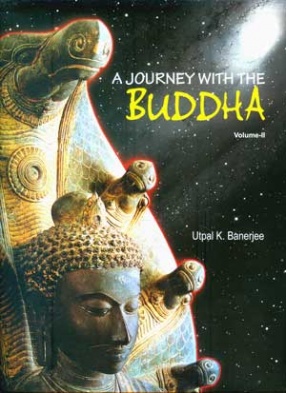
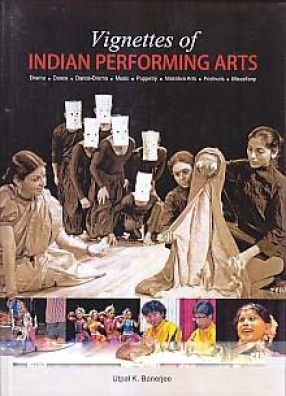
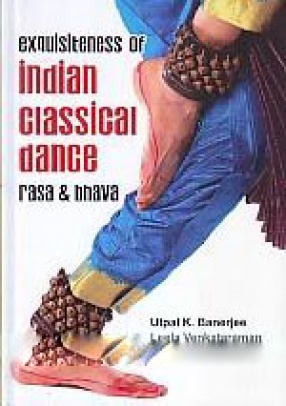
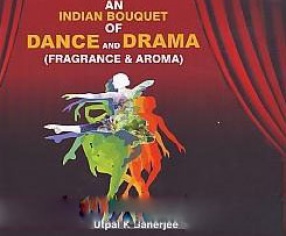
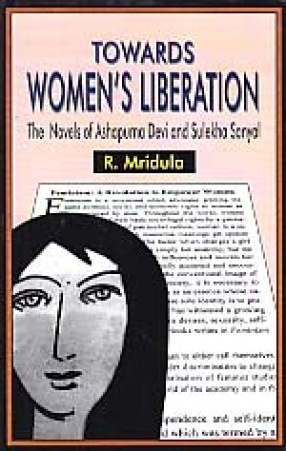
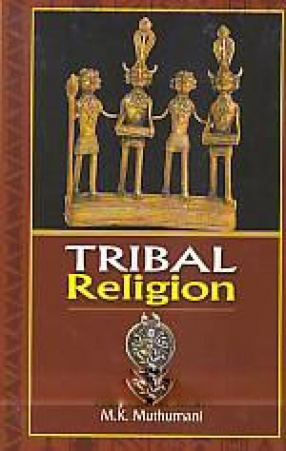
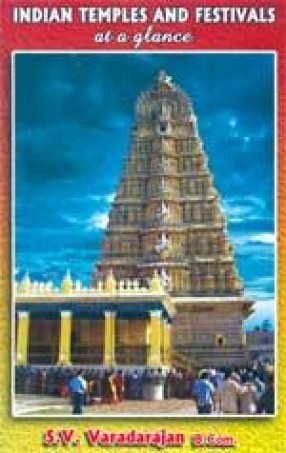
There are no reviews yet.